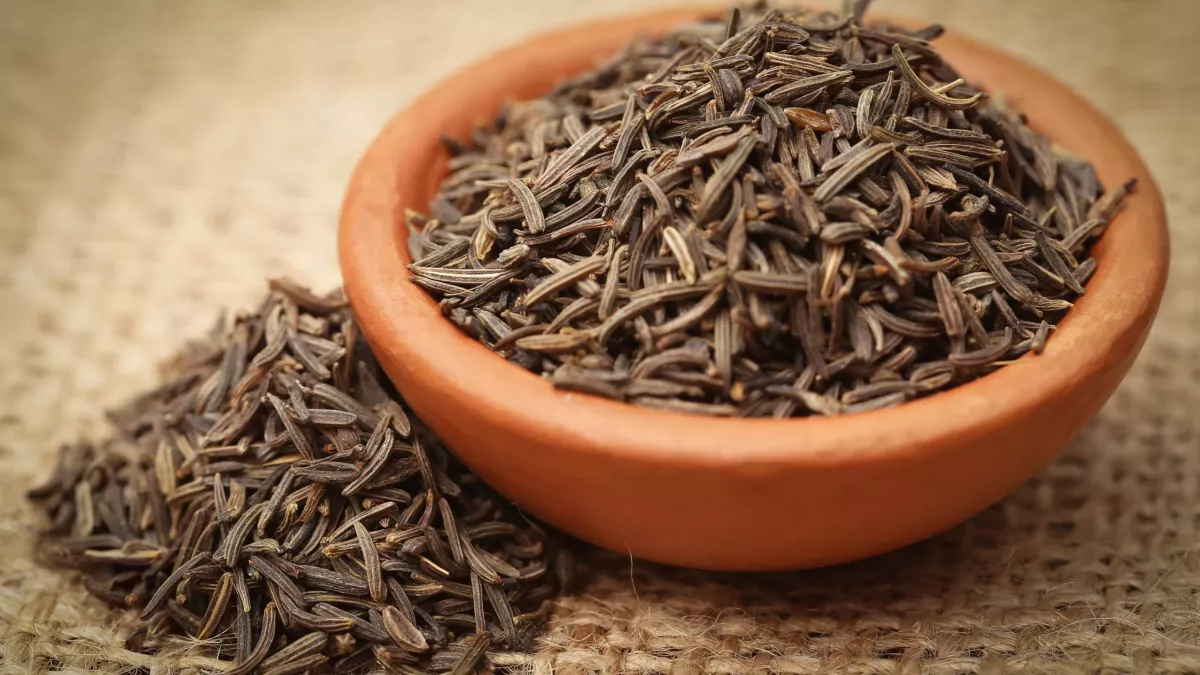Benefits of caraway as a dietary supplement
Caraway, whose scientific name is Carum carvi, is a herbaceous plant belonging to the Apiaceae family. Native to Western Asia and Europe, the plant is also cultivated in North America, Africa and Asia. It is mainly used in cooking for its slightly aniseed flavour, but it also has many health benefits, particularly when used as a dietary supplement.
Origin of caraway
Caraway is a plant that has been used for thousands of years. Its use dates back to ancient times, when it was considered a medicinal plant in Egypt and Greece. In the Middle Ages, it was also highly prized in Europe for its medicinal properties. Over the centuries, the plant was introduced to many countries and became a common ingredient in cooking, particularly in German, Austrian and Czech cuisine.
Composition of caraway
Caraway is a plant packed with health-giving nutrients. It contains vitamins (A, B6, C, E and K), minerals (potassium, calcium, iron, magnesium and phosphorus) and antioxidants. But its unique composition is due to its essential oils, whose main compounds are carvone and limonene, which give it its characteristic aroma and medicinal properties.
Using caraway as a food supplement
Caraway can be used as a dietary supplement in various forms: as an essential oil, powder, capsule or infusion.
It is best known for its digestive properties. Caraway has carminative properties that help relieve digestive problems such as bloating, abdominal pain and gas. It can also stimulate the production of digestive enzymes, making it easier to digest food.
Caraway is also an excellent ally for respiratory health. Its antiseptic and expectorant properties help relieve nasal congestion, coughs and sore throats. It can also be used as an inhalant to clear the airways and help fight respiratory infections.
Because of its anti-inflammatory properties, caraway may also be beneficial for relieving joint and muscle pain. Its antispasmodic properties can also help relieve the symptoms of premenstrual syndrome and menstrual cramps.
Caraway also has antioxidant properties that can help combat oxidative stress and boost the immune system. It can also be used as a tonic to stimulate the digestive system and liver functions.
Dosage and precautions for use
The recommended dosage for caraway as a dietary supplement varies according to the form used. For example, for the essential oil, it is recommended not to exceed 1 to 2 drops a day, diluted in a vegetable oil. For the powder, one teaspoon a day is generally sufficient. Capsules should be taken according to the manufacturer's instructions.
It's important to note that caraway can cause side effects such as nausea, vomiting and stomach upset if consumed in large quantities. It is also not recommended for pregnant and breast-feeding women, or for children under the age of 6.
As with any dietary supplement, it is advisable to seek the advice of a health professional before starting caraway supplementation.
Conclusion
Caraway is a plant with numerous health benefits when used as a dietary supplement. Its digestive, respiratory, anti-inflammatory and antioxidant properties make it a valuable ally in maintaining good health. However, it is important to consume it with care and to follow the dosage recommendations to avoid any undesirable effects. Don't hesitate to consult a health professional to find out more about using caraway as a dietary supplement.
Sources :
– Acupuncture and concussion prevention: a systematic review and meta-analysis











